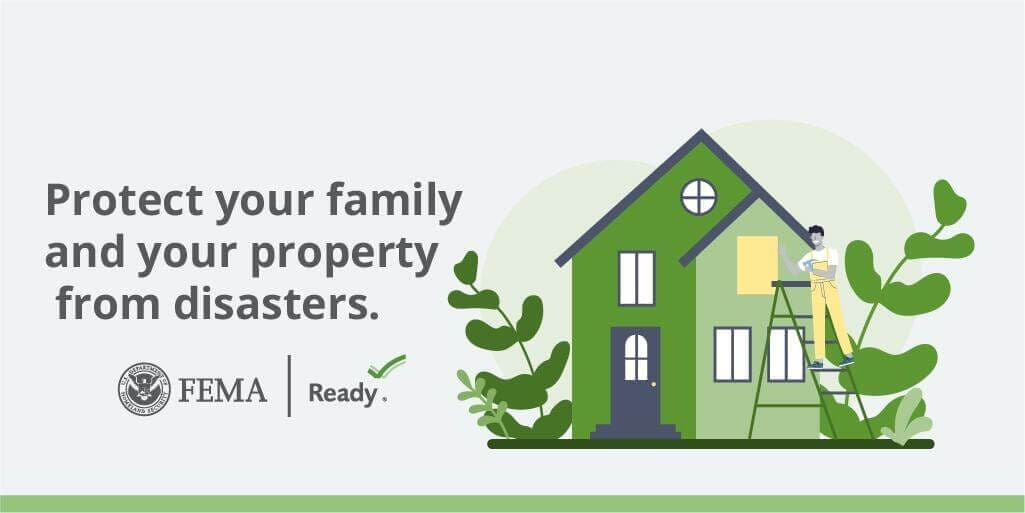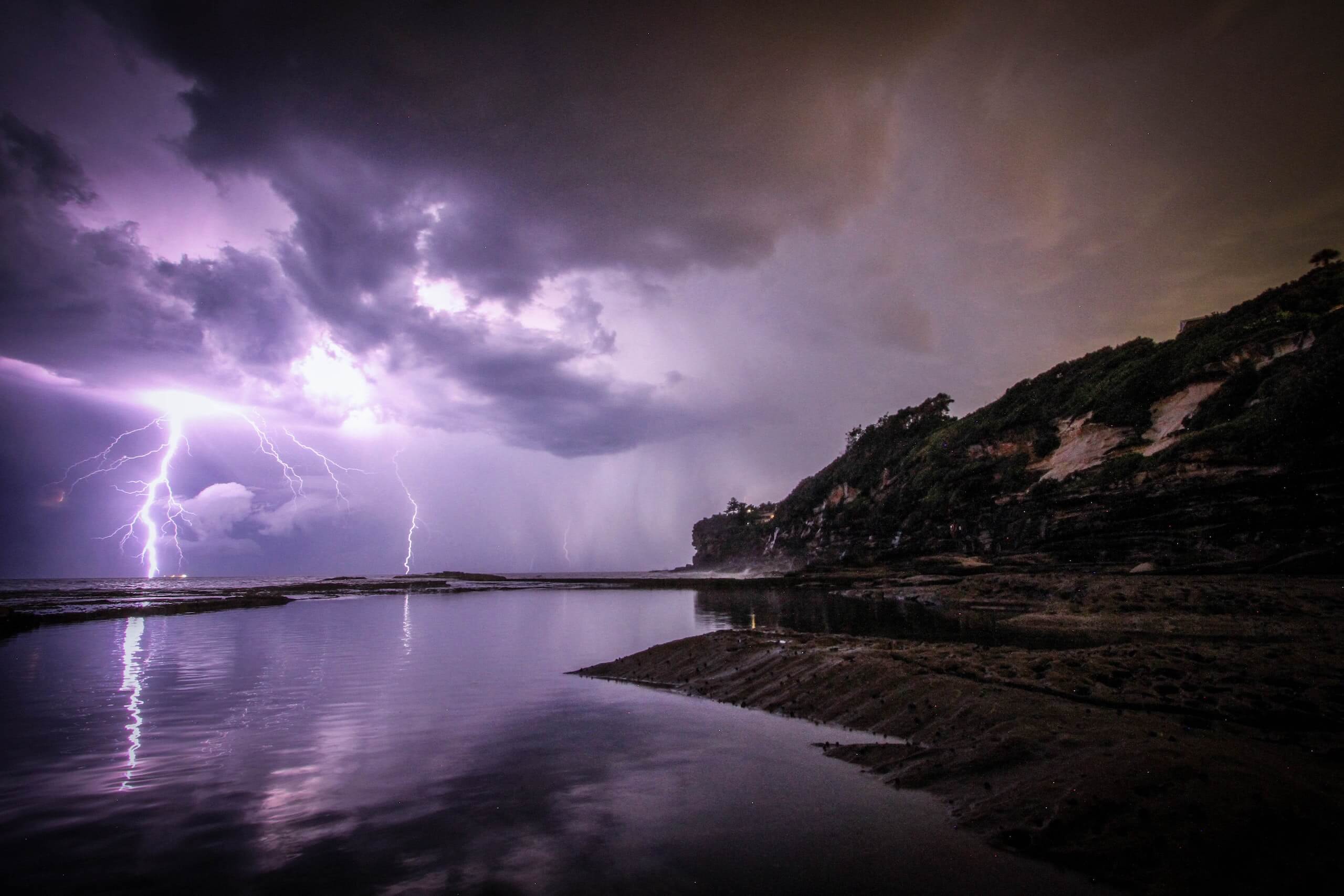Did you know that September is National Preparedness Month? The purpose of National Preparedness Month is to emphasize the importance of preparing for natural disasters and emergencies that can happen at any time. Earthquakes, hurricanes, dust storms, wildfires, power outages … oh my! All sorts of natural disasters and various environmental threats can severely impact indoor and outdoor air quality. Not to mention, air pollution as a result of natural disasters can create secondary emergencies.
In 2021, Nevada surpassed the state’s worst air quality index (AQI) numbers on record in the past two decades. This was due to the abundance of wildfires and wildfire smoke on the west coast. This is a prime example of a secondary emergency caused by a natural disaster.
Unlike outdoor air quality, indoor air quality is completely within your control. That is, at least, at home. Below are six easy air quality preparedness tips to promote healthy indoor air quality during extreme weather, natural disasters and emergencies.
Air Quality Preparedness Tips
1. Stay Informed
It’s easier to prepare for home and health risks with a warning. For example, California residents know that a long period of drought mixed with extreme heat increases the likelihood of wildfires. Similarly, those along the southeastern coast are more alert during hurricane season. However, preparation for sudden natural disasters is more challenging. And with continued climate instability and unprecedented weather, expected weather patterns are changing and a new normal is emerging. Hence, consistent awareness of local and national weather is paramount. Tropical storms, tornados, forest fires and the like can change direction and strength overnight. Periods of extreme heat and extreme cold are a greater risk no more than ever. It’s impossible to prepare for environmental emergencies when you’re unaware of their existence.
 AQI: Air quality monitoring is critical to air quality preparedness. Thankfully, local air quality data is available every day. Learn more about the Air Quality Index →
AQI: Air quality monitoring is critical to air quality preparedness. Thankfully, local air quality data is available every day. Learn more about the Air Quality Index →2. Replace Air Filters
Dirty air filters during an ongoing emergency or natural disaster? Not ideal. Ensure that your HVAC system is equipped with a brand-new, highly-rated air filter. High-efficiency air filters with a MERV 11 rating or higher will provide the best protection. They have the ability to filter mold spores, smog, dust, textile fibers and more. It may seem insignificant, but this small change can make all the difference.
3. Minimize Pollution-Producing Activities
Some activities are more likely to increase indoor air pollution than others. For example, the use of wood-burning stoves, fireplaces, tobacco, cleaning products and certain building materials. These activities produce volatile organic compounds (VOCs) that significantly reduce indoor air quality and negatively impact your health. If possible, limit high-polluting activities or find air quality-friendly alternatives during high-risk times.
4. Utilize Energy Recovery Ventilation
Extreme weather and temperatures can overwhelm your HVAC system and increase your utility bill. An energy recovery ventilation system can recover roughly 70% to 80% of energy for re-use and improve indoor air quality in the process. Based on your home’s needs, you may want to consider installing an energy recovery or heat recovery ventilator.
5. Close Windows and Doors
In addition to monitoring the weather, it’s important to monitor the Air Quality Index (AQI). If outdoor air quality is poor, it’s time to close windows and doors. It’s also a good idea to patch up any holes or cracks in your home as they allow outdoor air to sneak inside. These simple actions are crucial during extreme weather events.
6. Employ a Whole-Home Air Purifier
With the ability to remove dust, viruses, bacteria, allergens, VOCs and dander, whole-home air purifiers are an excellent addition to your existing HVAC system.

Prepare, Prepare, Prepare
Weather can be intense and unpredictable. Air quality preparedness year-round helps mitigate the effects of extreme weather, natural disasters and other emergencies in your home. Use National Preparedness Month as a launchpad for healthy indoor air practices moving forward!



